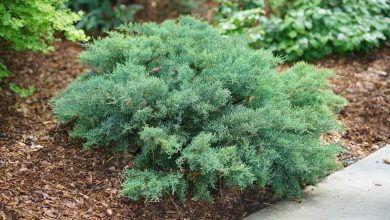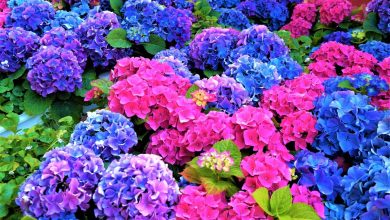Homemade Fungicides: 10 Remedies against plant fungi
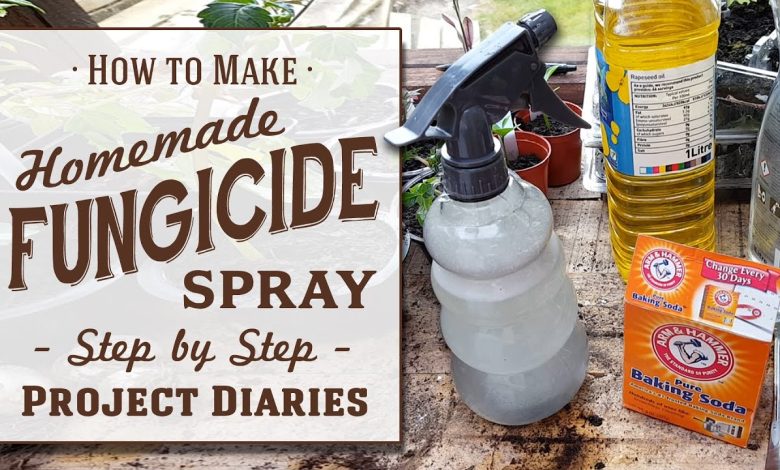
On many occasions, fungicides are essential for the care of orchard and garden plants. The presence of fungi in plants is one of the main problems in the garden, which we may have to face if we are going to grow vegetables at home. To avoid the damage that fungi can cause to our crops, today we will see several natural fungicides that will help us eliminate fungi from plants.
What is a natural fungicide? Homemade fungicides and ecological fungicides
If you want an organic garden or orchard, you should avoid using chemical or synthetic fungicides (conventional fungicides) to eliminate fungi from the orchard such as powdery mildew, mildew, rust… and replace them with natural fungicides like the ones we will see today. But… do we really know what a natural fungicide is? Are natural fungicides always products made from plants?
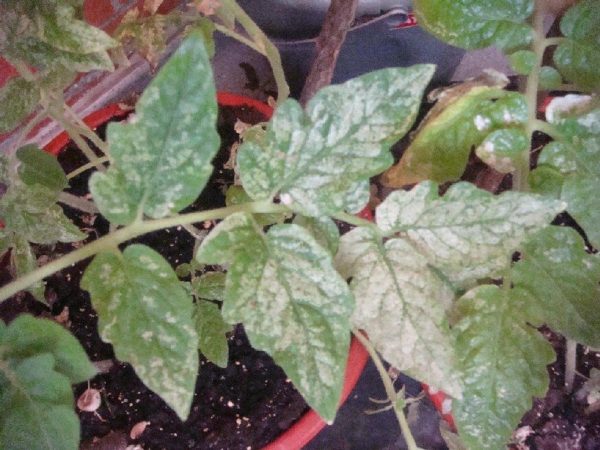
Chemical or conventional fungicides are effective in the fight against fungi in the garden, yes, but they are also very polluting and harmful to the soil, to the beneficial microorganisms that live in it and, if we consume the products, they can also be harmful to our health..
Today we are going to talk about the alternative to these conventional products: natural fungicides or ecological remedies to eliminate fungi from plants.
These are the best natural remedies to treat plants sick by fungi: 10 types of homemade and organic fungicides that we can use to treat plants sick by fungi.
Most of these remedies are organic homemade fungicides and you can prepare them yourself, such as extracts and teas with plants or milk fungicide.
Unlike the former, there are other ecological fungicides, such as Bordeaux mixture, copper or sulfur, which are not organic like those of plant extracts, but rather mineral fungicides. Although these fungicides are allowed in Organic Farming due to their natural origin (they are found regularly in nature), they have certain restrictions and precautions for use because they can be toxic and harmful to the environment.
10 Natural Fungicides to eliminate fungi in plants
These products against fungi are all fungicides of natural origin whose application is allowed in organic farming.
If we want to cultivate an organic garden free of chemical products, these are some of the options we have to eliminate plant fungi:
Horsetail purin or decoction
Equisetum Arvense or Cola de Caballo is one of the most common plants to prepare natural remedies against pests and diseases in the garden.
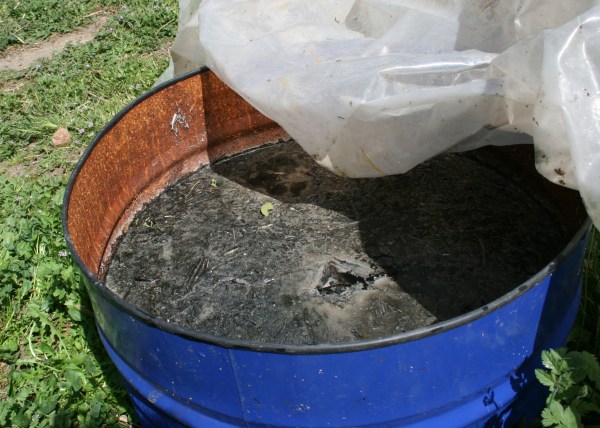
Horsetail slurry is used to treat and prevent diseases caused by fungi, but it also helps to eliminate such common garden pests as slugs and snails, aphids or red spider mites.
In the post about Mushrooms in the garden you have tips to prevent fungi in plants and also the indications to learn how to prepare and apply homemade fungicides made with horsetail.
homemade fungicide made with milk
This is a very effective fungicide against the most common fungi in the garden, such as mildew, botrytis, rust, etc., due to the salts, which are beneficial for plants, and the lactic acid that has a fungicidal effect.
To obtain 1 liter of this homemade fungicide, you have to mix about 700 ml of water with 300 ml of skimmed milk (optional: 10 grams of baking soda). Spray all over the plant, both on the upper part and on the underside of the leaves.
Coffee
This is one of the star products of the organic garden for all the uses we can give recycled coffee grounds. Those grounds that we normally take out of the coffee maker and throw away can be a good ingredient for homemade compost, used to make natural rooting agents for cuttings and also to prevent fungi by reducing humidity.
Let the coffee grounds dry for several days (you can spread them on a blotting paper or in a cardboard box that you put in the sun in a window). Once they are completely dry, spread the grounds around the plant to absorb moisture (it is recommended to spread them on top of mulching or plastic, so that it does not acidify the soil in the long term).
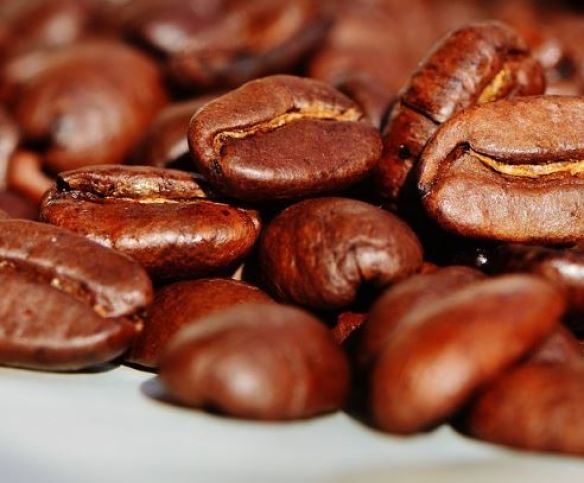
Nettle slurry and other biostimulants to prevent fungi
There are plant extracts, known as biostimulants, increasingly used in Organic Farming to prevent the onset of diseases. These natural antifungals increase the defenses of plants, which grow stronger and more resistant to fungi and other diseases.
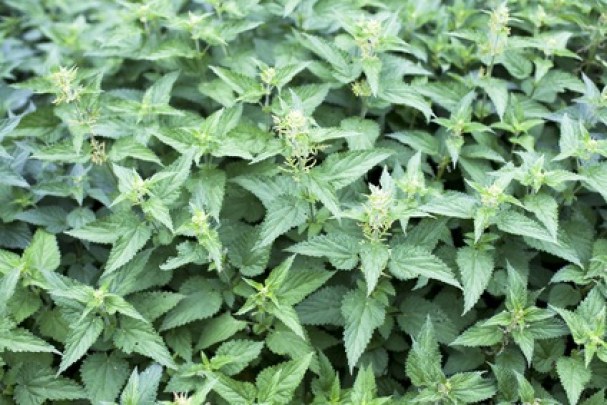
Algae extract, nettle slurry or citrus seed extracts are some examples of biostimulants that can be made at home. Compost tea is also a homemade biostimulant that will make plants grow stronger and protected from fungi and other problems.
sage extract
Thanks to its power to reduce humidity and the high presence of polyphenols, it is useful as a fungicide against many of the fungi in the garden.
Add 500 grams of fresh sage in 5 liters of water and leave to ferment at room temperature (stirring from time to time) for 5 days. After straining the mixture, dilute the extract to 10-20% with water (100-200 ml of extract per liter of water) and spray on the plants.
Homemade garlic and onion broth
Garlic and onion have powerful bactericidal and fungicidal properties, so preparations made with these plants will help prevent and cure diseases caused by fungi and bacteria. In addition, these homemade fungicides can be used as natural insecticides against such common pests as aphids or red spiders.
To prepare the “homemade garlic and onion spray” you need five or six cloves of crushed garlic and half a large onion (or a medium onion) in pieces. Add a liter of water and let stand for 24 hours. Then boil for 20 minutes over low heat and strain the decoction. Spray diluted with water.
Desiccant minerals
There are clays (such as bentonite, kaolin…) and ground minerals (such as quartz or basalt) that are used in organic farming to increase resistance to fungi and pests. These natural minerals absorb moisture and harden the surface of the leaves, and thanks to this they favor the prevention of fungal diseases in plants.
Desiccant minerals can be applied by dusting or dissolved in water (wetting) since the plant is young -in the planting hole- to strengthen crops and prevent fungi.
Bordeaux mixture and other copper salts
They are polyvalent fungicides against powdery mildew and other fungi such as anthracnose, mildew, rusts…
One of the best known copper salts is Bordeaux mixture, a homemade fungicide that is prepared with hydrated lime and copper sulfate, but with which some precautions must be taken due to its possible toxicity (it cannot be applied in full sun, it is incompatible with some treatments and safety periods must be respected with the application of other treatments, among other things).
In Organic Agriculture, its application is recommended only occasionally and, due to its toxicity, since it is a heavy metal that accumulates in the soil, the application of copper is limited to 6 kg per hectare and year.
Sodium bicarbonate
It is an effective fungicide to prevent the appearance of fungi and to eliminate them if they have already appeared, as long as they are not in a very advanced state. It is effective against mildew, powdery mildew, anthracnose and blight. Dissolve 2 small spoonfuls of baking soda well in 1 liter of water and spray the preparation daily on the affected areas and leaves.
sulfur fungicide
Powdered sulfur for dusting or wettable sulfur (which is mixed with water or another specific colloidal solution and sprayed) is a powerful anti-powdery fungicide.
As with Bordeaux mixture and other copper salts, certain precautions must be followed for its application because it is a toxic product, even if it is of natural origin. It should not be applied at temperatures above 25ºC or when the plant is wet, and there are sensitive plants near which sulfur should not be applied, such as artichokes. In addition, the safety periods between applications and between the last application and the harvest must be respected.
My recommendation in the event of a fungal attack on garden plants is to alternate at least two treatments with homemade fungicides and leave inorganic products with copper or sulfur only for emergencies, always respecting the precautions and safety deadlines.
I hope you have found this post about homemade fungicides and other natural anti-fungals useful. If you know of other organic fungicides for garden plants or have experience using any of the ones we saw today, don’t hesitate to participate using the comment thread below, where you can also attach photos of your preparations.
References
- Porcuna Coto, JL Pest and disease control in organic farming. Spanish Society of Ecological Agriculture.
- SENA, 2000. How are plant extracts made and how are they applied in fungicide and insecticide fertilizers? National Apprenticeship Service of Colombia. Training Videos, Series: Organic Farming.
- Agrocabildo, 2019. Guide to plant protection products for possible use in organic farming. Center for the Conservation of Agricultural Biodiversity of Tenerife.

![Photo of How to Plant Water Lilies: Important Points + Pictures + [9 Steps]](https://www.complete-gardening.com/wp-content/uploads/2022/08/how-to-plant-water-lilies-important-points-pictures-9-steps-390x220.jpg)
![Photo of Ficus Robusta Care: [Earth, Strengthening, Humidity and Pruning]](https://www.complete-gardening.com/wp-content/uploads/2022/08/ficus-robusta-care-earth-strengthening-humidity-and-pruning-390x220.jpg)
